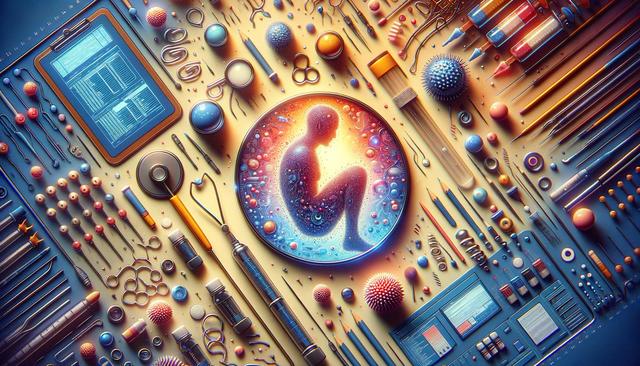Understanding Male Fertility Donation
Male fertility donation, commonly referred to as sperm donation, is a medical process that allows men to contribute to helping individuals and couples conceive. This option is often pursued when male infertility is a factor or when a single individual or same-sex couple wishes to start a family. The process involves the collection, screening, and storage of sperm samples, which are later used in fertility treatments such as intrauterine insemination (IUI) or in vitro fertilization (IVF).
Donors typically undergo a thorough medical and genetic screening to ensure the safety and health of the donation. This includes:
- Detailed medical history evaluation
- Physical examination
- Genetic testing for hereditary conditions
- Infectious disease screening
For families facing reproductive challenges, male fertility donation provides an opportunity to conceive with the aid of advanced reproductive technologies. It is a hopeful option that has supported countless journeys toward parenthood.
Who Can Benefit from Male Fertility Donation?
Sperm donation is a valuable choice for a variety of individuals and families. It supports those who are unable to conceive due to medical, genetic, or anatomical reasons, as well as those who are building non-traditional families. Some common recipients include:
- Heterosexual couples facing male infertility
- Single women wishing to have children
- Same-sex female couples looking to conceive
- Individuals with genetic conditions they wish to avoid passing on
Each family’s journey to parenthood is unique, and male fertility donation can be tailored to meet specific needs. Fertility clinics and sperm banks often provide matching services, allowing recipients to choose donors based on characteristics such as physical appearance, education background, and medical history. This personalized approach ensures that the donation process aligns with the family’s goals and preferences.
The Donation Process: What to Expect
Becoming a sperm donor involves several steps designed to protect both the donor and the future recipient. The process begins with an application and is followed by a series of tests and interviews. Once accepted, donors provide samples over a period of several weeks, which are then frozen and quarantined for a minimum of six months. After this period, donors return for follow-up testing to confirm the absence of infectious diseases.
Key steps in the donation process include:
- Initial health screening and consent
- Regular sample collection in a private setting
- Lab processing and cryopreservation of samples
- Six-month quarantine and re-testing
Donors are often compensated for their time and commitment, and their identities may remain anonymous or be open, depending on the policies of the clinic and the preferences of the donor and recipient.
Legal and Ethical Considerations
Male fertility donation involves legal and ethical responsibilities that vary by location. Most clinics require donors to sign agreements that relinquish parental rights and responsibilities. For recipients, understanding the legal framework is crucial for ensuring that their parental rights are protected and that the donation process complies with local regulations.
Some ethical considerations include:
- Informed consent and autonomy of the donor
- Rights of donor-conceived children to know their origins
- Limits on the number of families created from one donor
- Transparency and honesty in the donor selection process
Clinics and legal advisors play an important role in guiding both donors and recipients through these considerations to ensure a respectful and secure experience for everyone involved.
How to Explore Your Options
For those interested in male fertility donation—whether as a donor or recipient—there are many trusted resources and professionals available to help. Fertility clinics, sperm banks, and reproductive counselors can provide detailed information about the process, eligibility, and next steps. Individuals are encouraged to research, ask questions, and consult medical experts to make informed decisions that align with their values and goals.
Potential steps to take include:
- Scheduling a consultation with a fertility specialist
- Researching accredited sperm banks or donor programs
- Understanding the emotional and financial aspects involved
- Joining support groups or online communities for shared experiences
Whether contributing to the gift of life or seeking to start a family, male fertility donation offers a meaningful path forward for many. With careful planning and professional guidance, it serves as a compassionate and effective option for those navigating reproductive challenges.
Conclusion: Supporting the Journey to Parenthood
Male fertility donation plays a significant role in enabling families to overcome reproductive obstacles and realize their dreams of parenthood. By understanding the process, legalities, and emotional aspects involved, individuals can make empowered decisions that bring hope and possibility to others. Whether you’re considering becoming a donor or exploring your options as a recipient, the path to helping or building a family through fertility donation is one of compassion, responsibility, and meaningful impact.






